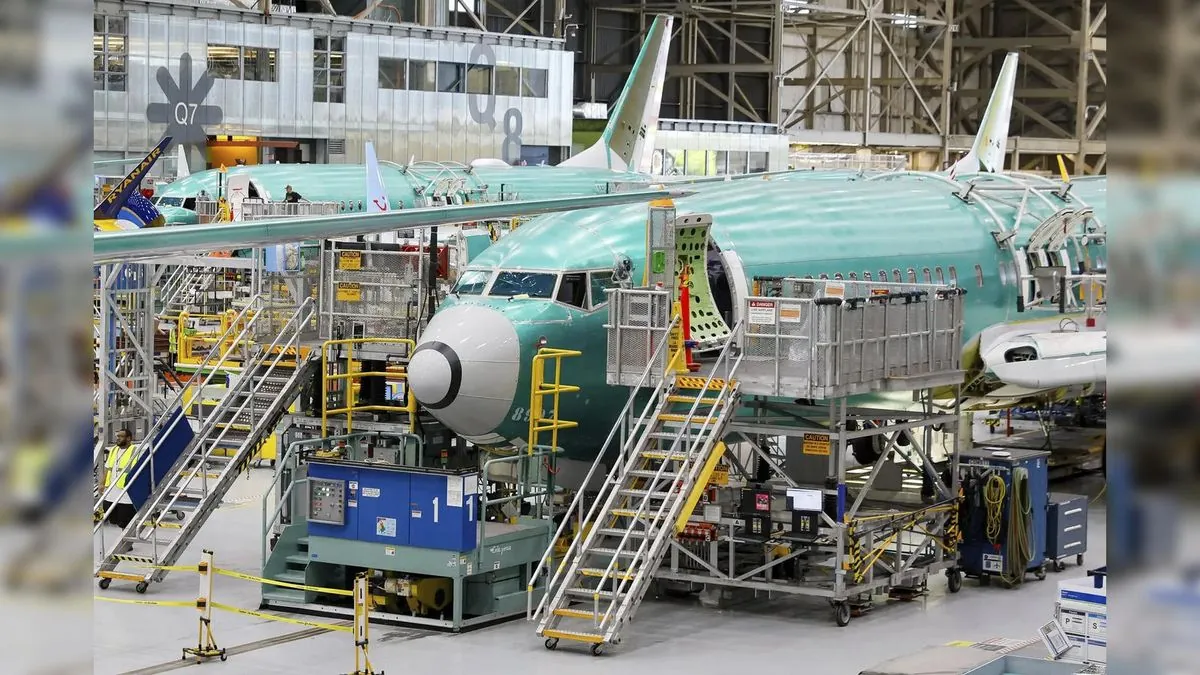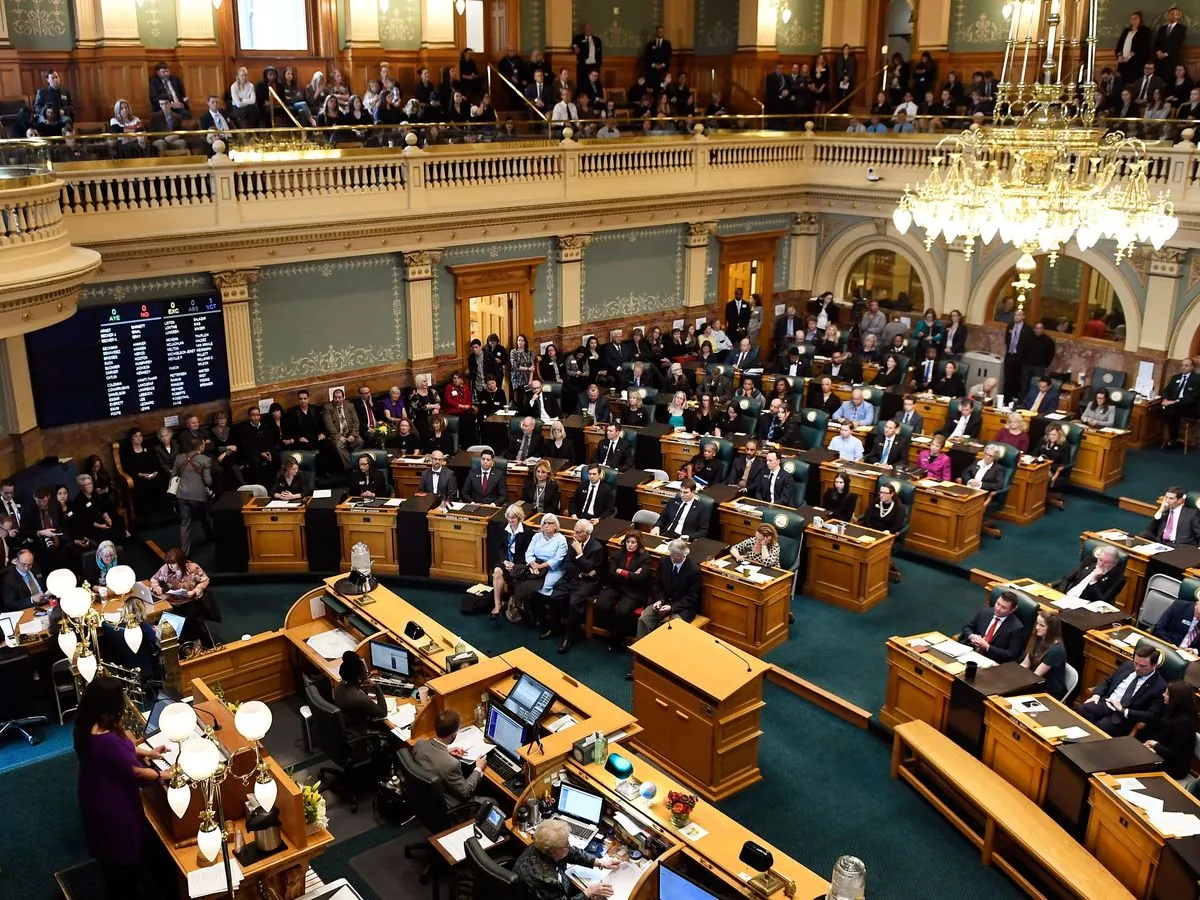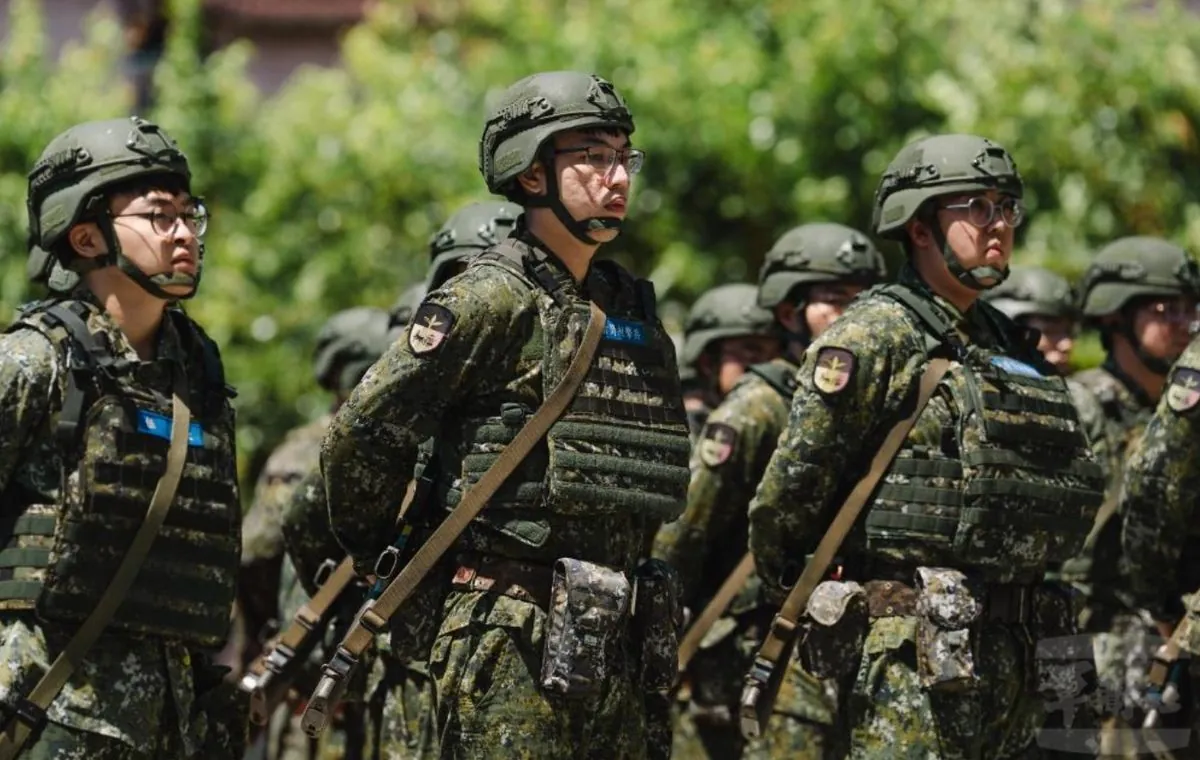Russia Signals Shift in Taliban Policy, Citing Pragmatic Dialogue
Russia considers removing the Taliban from its terrorist list, signaling a potential policy shift. Foreign Minister Lavrov emphasizes pragmatic dialogue with Afghanistan's current leadership, calling for increased international support.
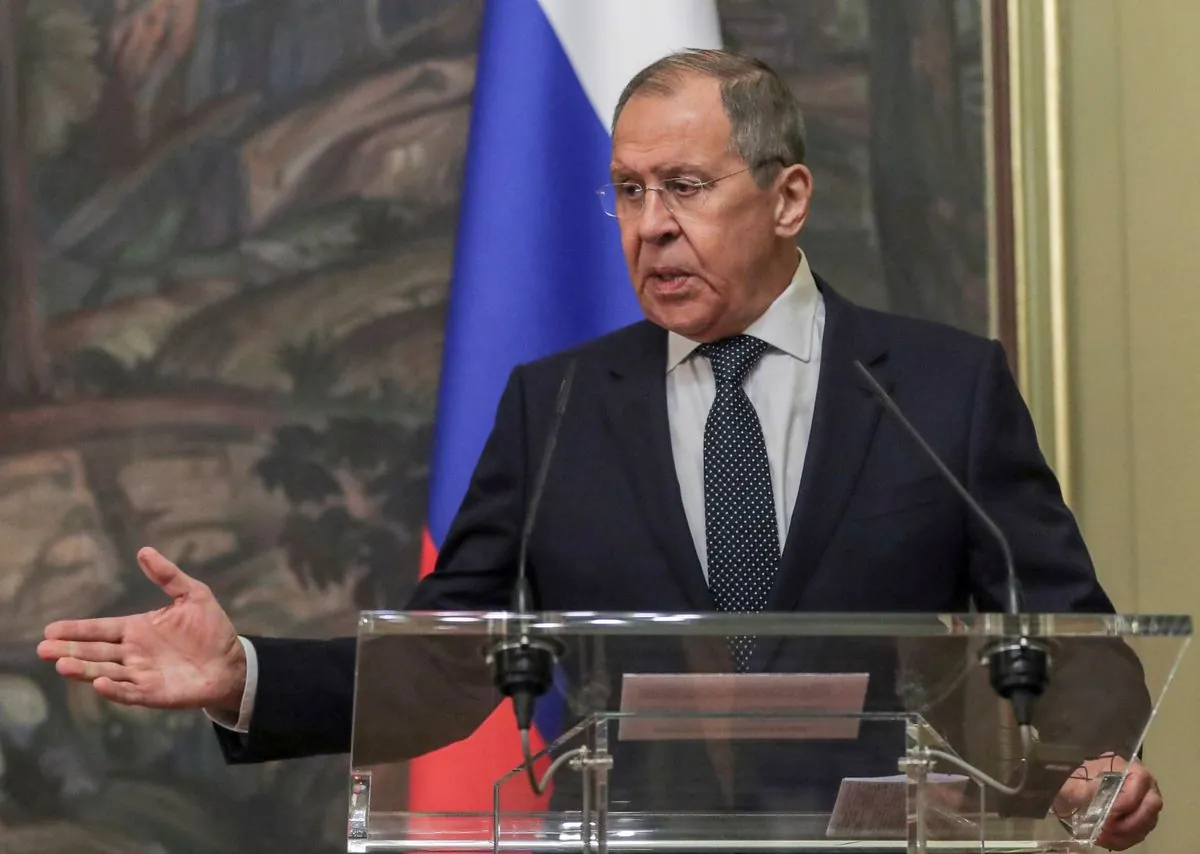
Russia is contemplating a significant policy shift regarding the Taliban, as indicated by recent statements from high-level officials. The Russian Foreign Ministry has announced that a decision to remove the Taliban from its list of terrorist organizations has been "taken at the highest level," according to the state TASS news agency.
This development comes three years after the Taliban seized control of Afghanistan in August 2021, following the withdrawal of US-led forces after two decades of conflict. Russia's stance on the Taliban has evolved since then, with President Vladimir Putin stating in July 2024 that Russia views the group as an ally in combating terrorism.
The potential removal of the Taliban from Russia's terrorist list, where it has been since 2003, would mark a significant step towards normalizing relations with Afghanistan. However, the process requires various legal procedures to be implemented.
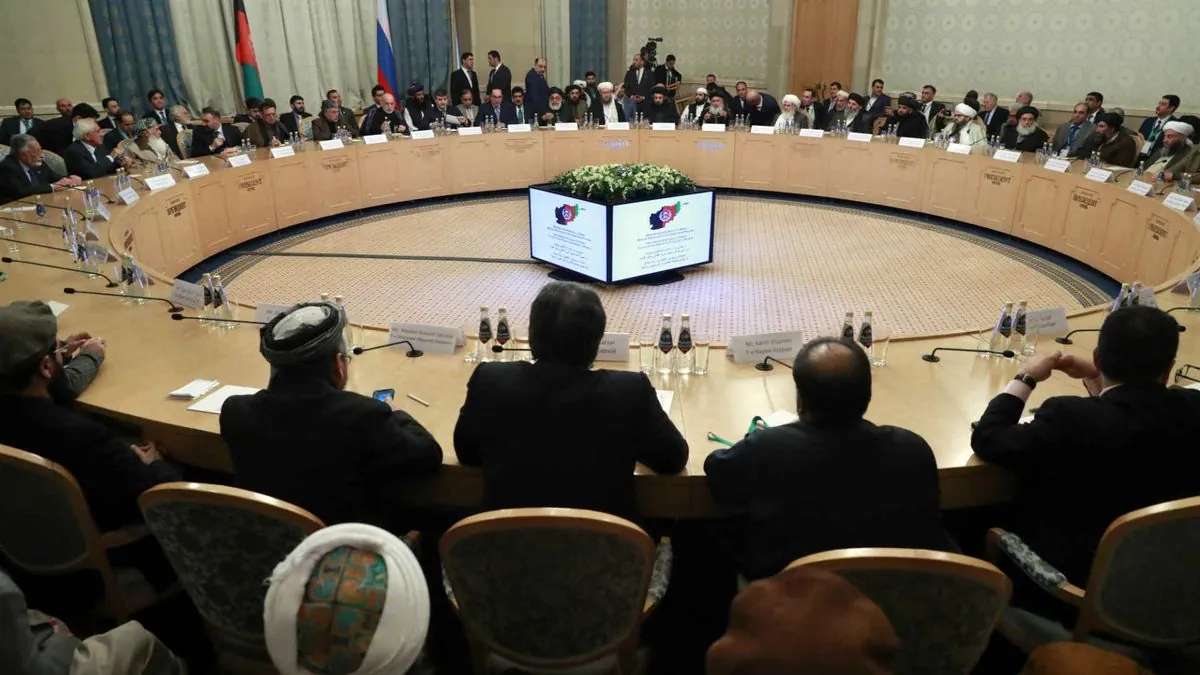
It's worth noting that the Taliban emerged in the early 1990s and first ruled Afghanistan from 1996 to 2001, enforcing a strict interpretation of Sharia law. Their resurgence began around 2006, leading to a prolonged insurgency before their return to power in 2021.
Russian Foreign Minister Sergei Lavrov emphasized the necessity of maintaining "pragmatic dialogue" with Afghanistan's current government. He stated, "It is obvious that it is impossible to solve problems or even discuss an Afghan settlement without Kabul." Lavrov also praised the current Afghan leadership for their efforts to curb drug production and combat the Islamic State, which is outlawed in Russia.
"Moscow will continue its course on developing political, trade and economic ties with Kabul."
The international community's response to the Taliban's rule has been cautious. While no country has formally recognized the Taliban as Afghanistan's legitimate leadership, China and the UAE have accepted its ambassadors. The group has sought international recognition since retaking control, but concerns about their practices remain.
Lavrov called for increased humanitarian aid to Afghanistan and stated that Russia would continue sending food and essential goods. He also urged the United States to return confiscated assets to Afghanistan and for the West to acknowledge responsibility for the country's post-conflict reconstruction.
Russia's history with Afghanistan is complex, dating back to the Soviet invasion in 1979, which lasted a decade and resulted in significant casualties. More recently, Russia and its post-Soviet neighbors have faced attacks from Islamist militant groups linked to Afghanistan, including a tragic incident in March 2024 when 145 people were killed in an attack near Moscow, claimed by the Islamic State.
The Taliban's governance has led to significant challenges for Afghanistan, including widespread poverty, food insecurity, and restrictions on women's rights. The international community has tied aid and recognition to the Taliban's human rights record, while the group's relationship with other militant organizations remains a point of concern.
As Russia navigates this potential policy shift, the world watches to see how it might influence regional dynamics and the broader international approach to Afghanistan's current leadership.































